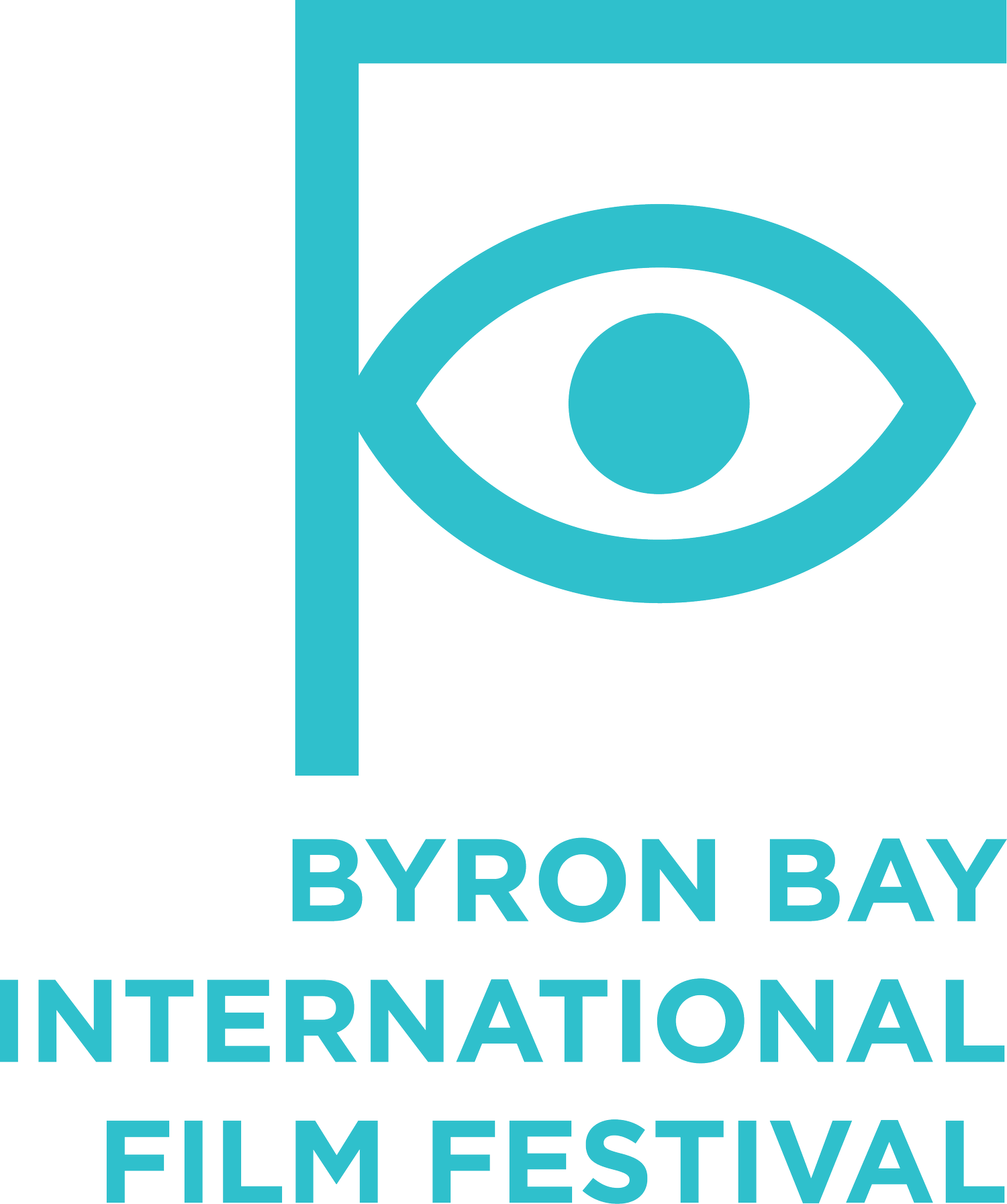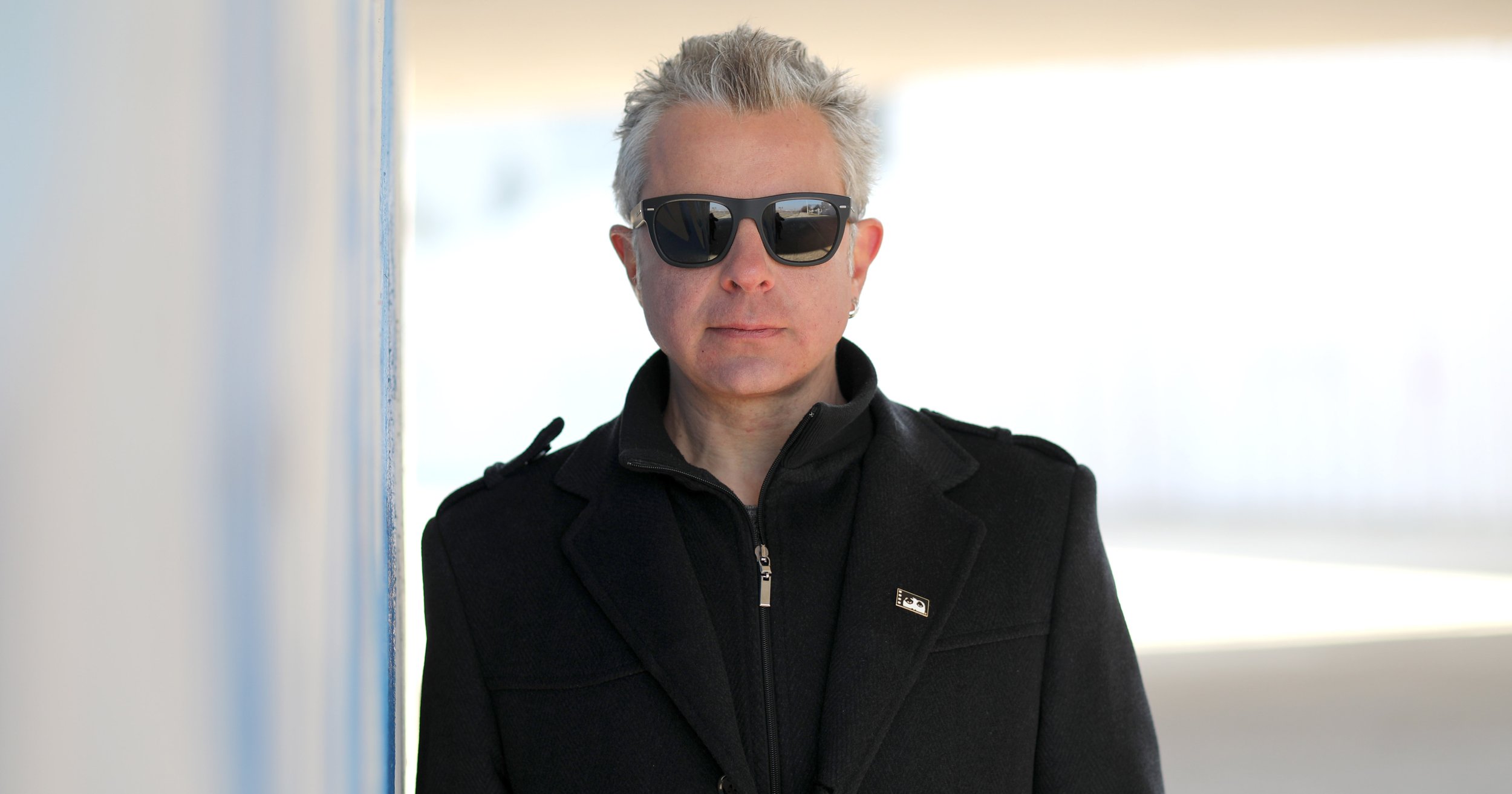BBFF2021 Meet the Filmmaker: Igor Ivanov
Part black comedy, part thriller and part deep social drama, director Igor Ivanov explores the essence of humanity, personal and societal values, connection, identity and self determination.
We had a chat to Ivanov about the abstract nature of his third feature film and its commentary on contemporary society.
Screening at Palace Cinemas Byron Bay
Sunday 21 December at 6:30pm
Buy tickets
This is your third feature film. How does Only Human (HOMO) build on your previous work?
Its untypical structure is similar to my previous film The Piano Room, where I was experimenting with episodic characters at a single location in three different time stages. However, the atmosphere and visual style is much closer to the first film, Upside Down.
Also, my work for television in recent years has visibly impacted Only Human, especially in the first episode where the genre is almost comedy and the film language as well as the acting are ‘borrowed’ from TV. But after a while, this funny tele-novel turns into a life drama, a film made for cinema. I am not sure I have achieved what I'm talking about, but this was my intention.
What inspired you to create a film based around a host of archetypal characters?
Like in mannerism, drawing the same characters in the same situations like many times before in the history of art is always exciting, the same, but always new and different. Also, for me archetypal characters are sparing time. In this kind of structure, where instead of one character leading you have a palette of 6-7 protagonists and there is no time for proper exposition for each of them. With ‘well known’ characters that can be uncovered at the first appearance through their form and after the first few lines, the story moves faster.
What was your experience working with this group of actors, what attracted you to them?
Most of them are well known to me, we used to work together. And I knew what to expect. However, I always make casting sessions to prove myself that I am not wrong. Sometimes, I am wrong and I take different from what I was expecting. It is a strange process. And also, we are all changing with the time, we are never the same. I had a beautiful experience with Maylinda Kosumovich and Joana Bukowska. Only Human was my first collaboration with them, amazing actresses and beautiful ladies. We had special casting sessions in Bulgaria and Kosovo and I was amazed by their first appearances - the character is entering the casting room.
How long did it take to research and make the film, were you impacted by the COVID-19 pandemic?
It was fast this time. We wrote the script in six months, and the final draft in the following three. The co-production between 5 countries was completed in less than a year. By European (especially Eastern European) standards it is really fast. The COVID-19 pandemic appeared just after shooting. So, we were in post-production during the time of the first wave and the lockdowns, mostly editing the sound and colour grading.
The characters are united by their steadily decaying morals. Is this intended to be a commentary on the current state of the world, with all of the social justice issues that have been brought to light in recent years?
In a way, this is comment or critique or uncovering the generation that I belong to. A generation in its own peak, people who are leading the world holding positions in politics, business, public space, art... As a youngster I was honestly hoping that we will be a much better generation and we will change the world. But we failed. We are the worst so far...
The entertainment industry is often criticised for desensitising people to violence and other issues. What role do you think cinema should play in regards to preventing ‘dehumanisation’?
Our industry will be always criticised. There is no stronger ‘weapon’, film is beautiful and very dangerous at the same time. Film is dealing with ‘another reality’, with the subconscious. Cinema must stay away from politics and PR agencies and it will be enough.
What kind of impact do you hope the film will achieve?
I don't know, I will be happy if some people like the film, if it provokes them to think about or to say something...
What were the biggest challenges when making Only Human?
The rhythm.
While the film was tailored for the European market, how has it been received throughout the world?
Unexpectedly for me it was very well received in the USA and India. I was always thinking it will be European, a mostly regional piece because of the specific, post-socialist social and cultural surrounding. But art is strange, it is not important what the artist thinks when the work is finished. I am very excited for the Australian premiere at the Byron Bay International Film Festival, hoping the film and audience will find common ground.
Do you have any upcoming film projects planned?
I am working on a documentary about the Brutalist architecture of Skopje, the city where I was born and live and writing a new script.
With so many film festivals having transitioned to virtual screenings due to the COVID-19 pandemic, what does it mean for you to have this film showing in front of live audiences? Were there any other deciding factors in choosing to show the film at BBFF?
Live audience in dark space in front of a big screen! Nothing else is cinema.






